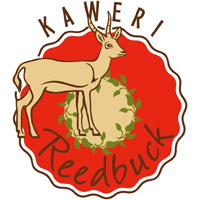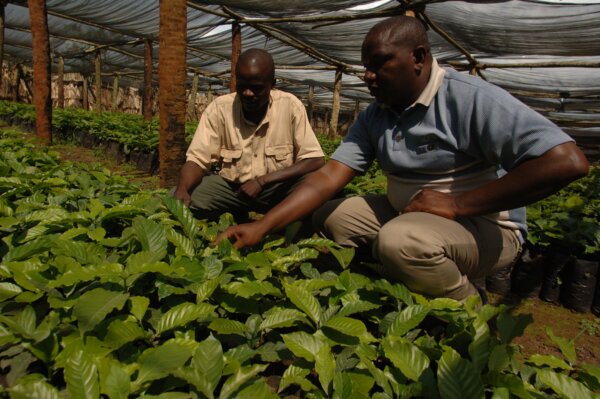
Kaweri Coffee Plantation is the only large-scale coffee farm in Uganda, located about 200 km west of the capital, Kampala. The landscape consists of picturesque rolling hills, flanked by two large papyrus swamps, which are typical for this region. There are also several tributaries emerging on the farm that are surrounded by a unique, untouched highland rainforest. The area is home to many genuine wild Robusta trees that are well over 100 years old. Kaweri is, thus, the home of Robusta coffee and today the plantation cultivates direct descendants of these wild trees. Cultivating Robusta as a native crop, in harmony with the highland rainforest, is a distinguishing feature and is one of the reasons for the exceptional quality of this coffee.

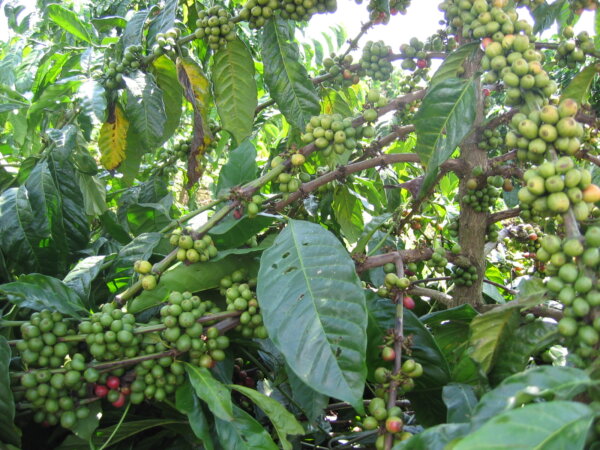
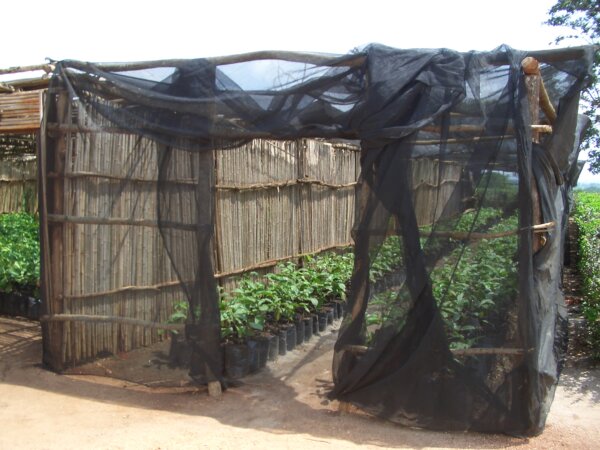
In 2001, Neumann Kaffee Gruppe decided to invest in a coffee farm in Uganda, with the objective to produce a unique, washed specialty Robusta coffee. Pioneering sustainable coffee farm management, embedded in the local environment, is contributing not only to a positive economic impact in the entire region, but also leads to social and ecological advantages.
The Ugandan government at central and regional level, welcomed and supported the project from the beginning and after passing a range of formalities, including an environmental and social impact study, the first cultivation started by the end of 2001.
Kaweri is located on block 99, measuring 2,512 ha, which was privately owned and first time measured and established in 1915. The land’s border was measured by three independent fully licensed surveyors and all of them confirmed the correctness of today’s borders in line with the registered land deed. Since 2001 the land is owned by the Ugandan Government and leased to Kaweri Coffee Plantation Ltd.
People who occupied part of the land prior to the start of the lease, obtained compensation from the previous owners, in line with the land act of Uganda. Written proof of each compensation was given and Kaweri received the land free of encumbrances.
Through an extensive development process, Kaweri developed modern cultivation and processing systems – thereby, establishing a complex agronomic concept as well as an efficient management and working structure, consisting of 99% of Ugandan citizens. Other management members originate from Zimbabwe and Kenya.
Hans Faessler is an agronomist with decades of experience in coffee cultivation in East Africa, Asia, Central and South America.
“From day 1 we made sure that each step was done with due respect to people and their culture as well as utmost care taken of the environment. We are proud to demonstrate that commercial coffee cultivation and environmental preservation can work in total harmony and in addition contribute substantially to the sustainable development of local communities. As such Kaweri is a seminal model farm.”
Today Kaweri cultivates 1,626 ha of selected Ugandan coffee clones under mainly indigenous mixed shade plus about 36 ha of woodlots, made of various tree species.
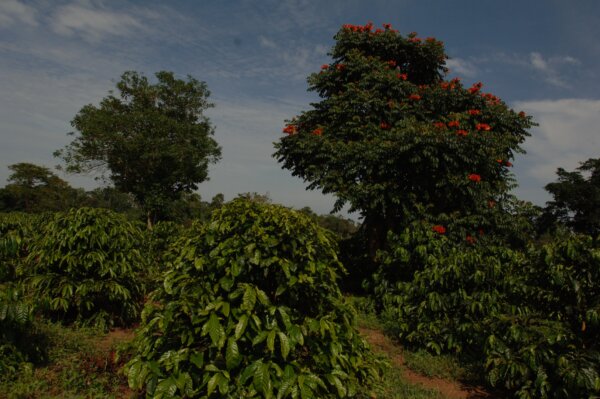
Sustainability
Water – the element of life
While this is equally true worldwide, in the more remote areas of Africa the constant and unhindered access to this essential element is much less implicit. And while fortunately all people living and working on Kaweri have access to good, clean water, some still have to walk some distances to get it. No small wonder than, that inhabitants of the village of Kyota were absolutely thrilled, when Kaweri Coffee Plantation as their next door neighbour had announced some while ago to donate the drilling of a new borehole there.
So, in early October local residents, political leaders and Kaweri management jointly inaugurated the new water supply point. Until that date, Kyota residents – between six and eight hundred people all in all – had to take their water from a mostly polluted surface water-well. Many were suffering from water-borne diseases.
Now, with the drastically new and improved situation, various members of the local administration praised and thanked Kaweri for their effort and pledged continued cooperation. Especially Kaweri’s continued contribution towards the surrounding communities was mentioned and stressed by all speakers.
